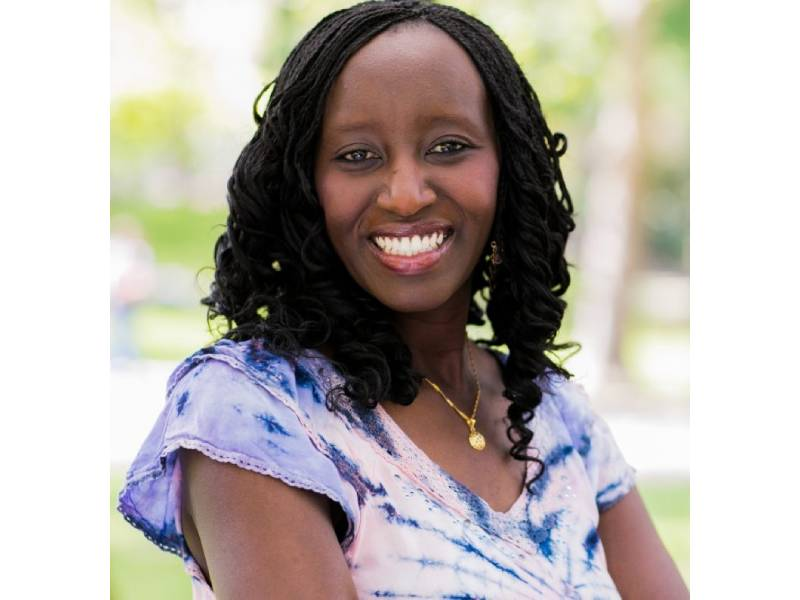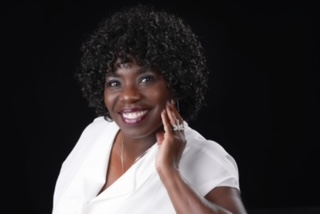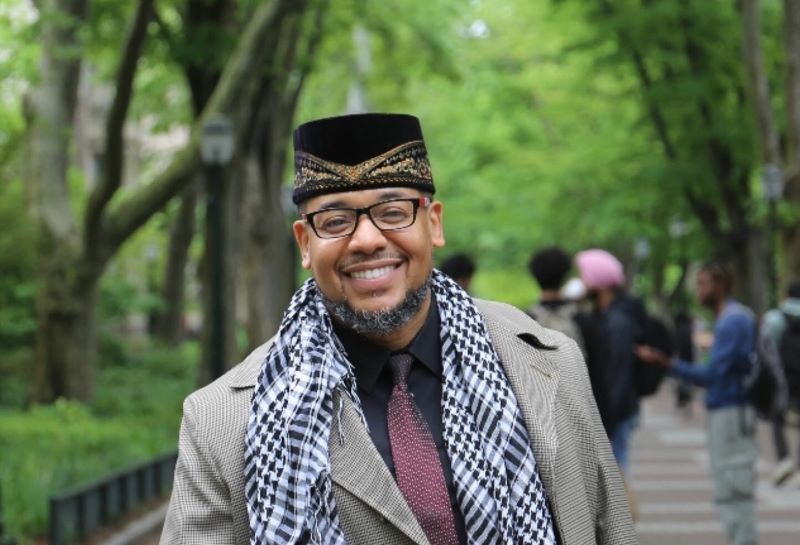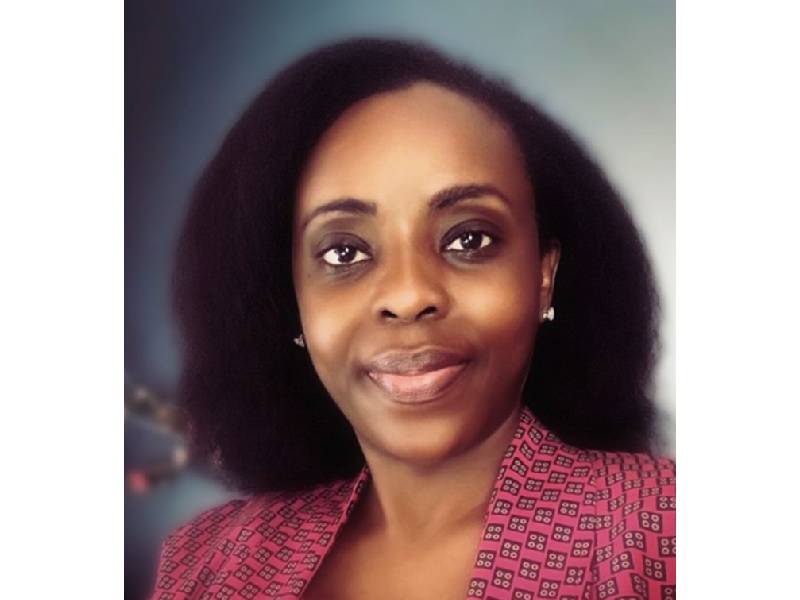
After returning to school later in life, Aminata Sy, went all in. She began by pursuing a career in journalism. That led to her writing for publications such as The Philadelphia Inquirer, The Philadelphia Tribune and The Daily Pennsylvanian. Her stories focused on the African-American and African immigrant experience. In 2016, Sy interned at Philadelphia City Hall and wrote talking points for the mayor.
That same year, for a fellowship program, she researched how to increase women’s political participation in democratic countries worldwide – specifically focusing on Senegal. She has visited the U.S. State Department and the Pentagon and met with high-ranking officials, including Former Vice President Joe Biden. Since then, she has decided to pursue a career in international relations. Her aim is to join the U.S. Foreign Services and to become a diplomat.
Sy is also the founder of African Community Learning Program, a non-profit that helps guide students in grades 1-8 in academics, integration to American society and cultural pride. She additionally founded #500EmpoweringAfricanStories, a project that creates content for the Learning Program.
What is a defining moment in your career and life?
A defining moment in my career was understanding the power of my voice and actions to impact my immediate community and beyond. I remember in the summer of 2013 nervously walking into the office of Community College of Philadelphia student newspaper, The Vanguard, to speak with its editor at the time about wanting to write for the paper.
He asked me for a writing sample, and I showed him an English paper I had written. After he read the introduction, he welcomed me to the team. I have been writing stories even since. A defining moment in my life was returning to school. As a high school dropout from Senegal and later, a wife and mother, school was no longer on my radar. However in 2010, I gave school a second try. I since earned my GED, an associate degree, and preparing to graduate this May with bachelor’s degree in international relations and English minor from the University of Pennsylvania. I was selected as a Rangel Fellow, which will help pay for my graduate studies, intern in Congress and at an American embassy overseas as well as enter the U.S. Foreign Service to become a diplomat.
What challenges have you faced as a woman of color in your field and how did you overcome them?
I am the first married woman with children in my African immigrant community to pursue school, journalism, and now diplomacy.
Being the first is lonely and thus requires much determination to push forward. I have been fortunate that my husband, Abdoul Wane, supports me fully in everything that I do. Otherwise, it would have been extremely difficult for me to pursue my work both academic and professional. Also, I am often the only black person or the only woman in different academic and professional circles that I navigate. Having self-awareness and being authentic to who I am have allowed me to believe that I am never alone, that my ancestors are always guiding me.
What woman inspires you and why?
A woman who inspires me is my late aunt who raised me, Yaye Aminata CireTalla. My aunt was a woman with little financial means but a big heart. Her generosity has influenced much of my life and actions.
I watched her pull from her many connections to provide for me, other family members, friends, and complete strangers. I watched her share everything she had with people, whether her money, time, wisdom, or food. She was a selfless human being who lived her life to serve others. I miss Yaye Aminata Cire Talla every day and wish to keep alive her legacy of generosity, love for family and community.
What is your advice to the younger generation of women coming after you?
I would say to the younger generation of women coming after me to be engaged and to never stop learning. Being engaged can take many forms. It can be participating in groups at school, volunteering during elections, starting an organization, speaking to your elected officials about issues impacting your community, running for office, mentoring others, paying attention the news. It’s also important to continuously learn to stay up-to-date with a technologically fast-moving world. When we are a student of life, learning takes place anytime and everywhere.
What does being a part of the African Diaspora mean to you?
Being a part of the African Diaspora means to me finding ways to create connections among different groups.
The collective history of the African Diaspora has been that of separating and dividing us to a point where we don’t recognize one another as being from the same continent, Africa. A big challenge that faces us, the African Diaspora, is to re-learn about ourselves, reconnect among ourselves, and embrace our similarities and differences. Unity would allow us to solve many problems and to recognize our influence in our communities and the world.




